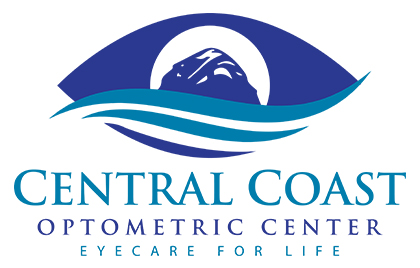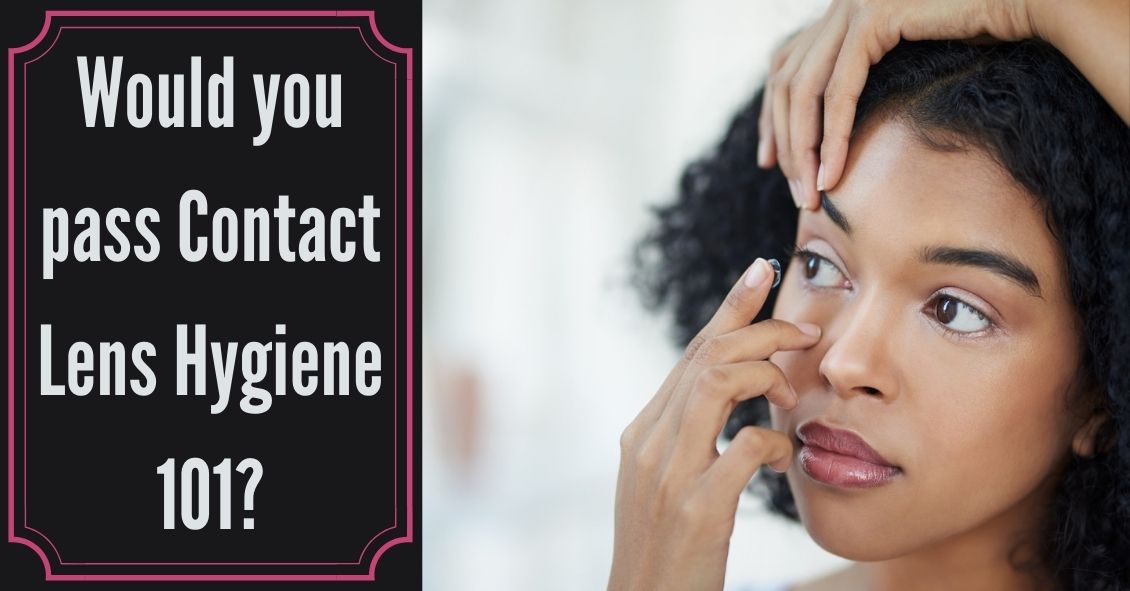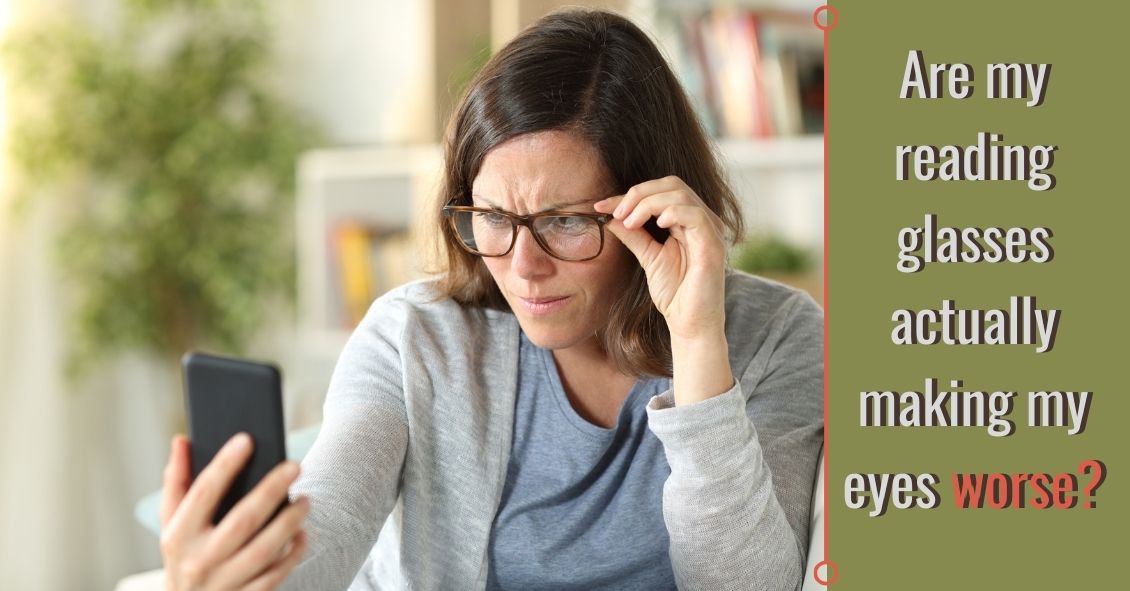Blog
Hygiene is critical to wearing your contact lenses safely.
Contact lenses can significantly improve your vision, but it’s essential to care for them properly to avoid potentially serious infections or other problems.
These recommendations will help extend the life of your contact lenses and keep your eyes safe and healthy.
Your lens insertion and removal routine
- Before you handle contacts, wash and rinse your hands with a mild soap.
- Make sure the soap doesn’t have perfumes, oils, or lotions. They can leave a film on your hands.
- Dry your hands with a clean, lint-free towel before touching your contacts.
- It’s a good idea to keep your fingernails short and smooth so you won't damage your lenses or scratch your eye when inserting or removing your contacts.
- Lightly rubbing your contact in the palm of your hand with a few drops of solution helps remove surface build-up.
- Rinse your lenses thoroughly with a recommended solution before soaking the contacts overnight in a multi-purpose solution that completely covers each lens.
- Store lenses in the proper lens storage case.
- Don't use tap water or saliva to wash or store contact lenses or lens cases.
- If you use hair spray, use it before you put in your contacts.
- Put on eye makeup after you put in your lenses. Take them out before you remove makeup.
- Always follow the recommended contact lens replacement and wearing schedule prescribed.
Your supplies
- Use doctor-recommended solution.
- Rub and rinse your contact lens case with sterile contact lens solution. Never use water.
- Clean the case after each use.
- Replace your contact lens case at least once every three months.
- Don’t “top off” solution. Use only fresh contact lens disinfecting solution in your case.
- Never mix fresh solution with the old or used solution.
- Change your contact lens solution according to the manufacturer's recommendations.
Your eye doctor
- Visit us yearly or as often as recommended.
- Ask us if you have questions about how to care for your contacts and case or if you are having any difficulties.
- Remove your contact lenses immediately if your eyes become irritated. Call us and let us know what’s going on.
- Call us if you have any sudden vision loss, blurred vision that doesn’t get better, light flashes, eye pain, infection, swelling, unusual redness, or irritation.
Wear your contacts safely
- Some contacts need special care and products. Always use the disinfecting solution, eye drops, and enzymatic cleaners your doctor recommends. Some eye products or eye drops aren’t safe for contact wearers.
- Saline solution and rewetting drops do not disinfect lenses.
- Use a rewetting solution or plain saline solution to keep your eyes moist.
- Don’t wear your contacts when you go swimming in a pool or at the beach.
- Don't sleep in your contact lenses unless prescribed by your eye doctor.
- Don’t clean or store your contacts in water.
- See us for your regularly scheduled contact lens and eye examination.
- If you think you’ll have trouble remembering when to change your lenses, ask for a chart to track your schedule or make one for your needs.
Be sure to call us if you have any questions about caring for your contact lenses or if your eyes are having problems.
Will reading glasses make your eyes worse? The short answer is "No."
Although we don’t know the exact mechanism by which humans have a decreased ability to focus up close as we age (a process called presbyopia), the fact remains that it will happen to all of us.
The leading theory of how this occurs is that the lenses in our eyes get stiffer and thicker as we age--one of the muscles in the eye that contracts to change the shape of the lens does so less and less effectively because the lens itself gets less pliable.
The process of changing the focus of the lens from far away objects to up-close objects is called accommodation. If you have normal distance vision without glasses, then your eye's natural focus spot is far off in the distance. In order to focus on an object close to you, the lens in your eye has to alter its shape. The ability of your lens to do that is at its best when you are born and it slowly gets less and less pliable as the years go on. You have such a tremendous ability to accommodate when you are young that the slow loss of this ability is not perceptible until you reach about the age of 45.
At around 45 the lens has lost so much accommodative ability that you start to have difficulty focusing on near objects. The impact usually starts when you notice that in order to look at anything small up close, you start holding it further away. Even though this decreasing ability to focus up close has been slowly getting worse since the day you were born, many people feel like the problem has occurred very suddenly. We have many people who come into the office at age 45 telling us “all of a sudden” they can’t read. What has probably been happening is they have just very slowly been adapting by holding things further away until one day “their arms are too short” and then they can’t read easily.
That is where reading glasses come in. Some people just buy over-the-counter readers, which can work fine for them, but if you haven’t had an exam in some time it is much wiser to get your eyes checked first to make sure the normal aging process is the only problem. Once it is confirmed through a medical eye exam that there are no other issues, reading glasses are usually prescribed. Contact lenses are also an option at this point.
At the beginning, a low-powered reading glass is used. As time goes on, the lens in your eye continues to stiffen and your ability to focus up close continues to get worse. The result of that is that your reading glass prescription needs to get stronger, usually at a clip of about one step every 2 to 3 years.
IT IS NOT USING THE READING GLASSES THAT IS MAKING YOU WORSE. TIME IS THE CULPRIT.
The decrease in reading ability without using glasses is going to continue to get worse as you get older whether you wear the reading glasses or not. Trying not to wear the glasses and struggle along without them is not going to stop the march of time. You really can’t preserve your reading ability by not wearing them--you are just struggling needlessly.
Article contributed by Dr. Brian Wnorowski, M.D.




